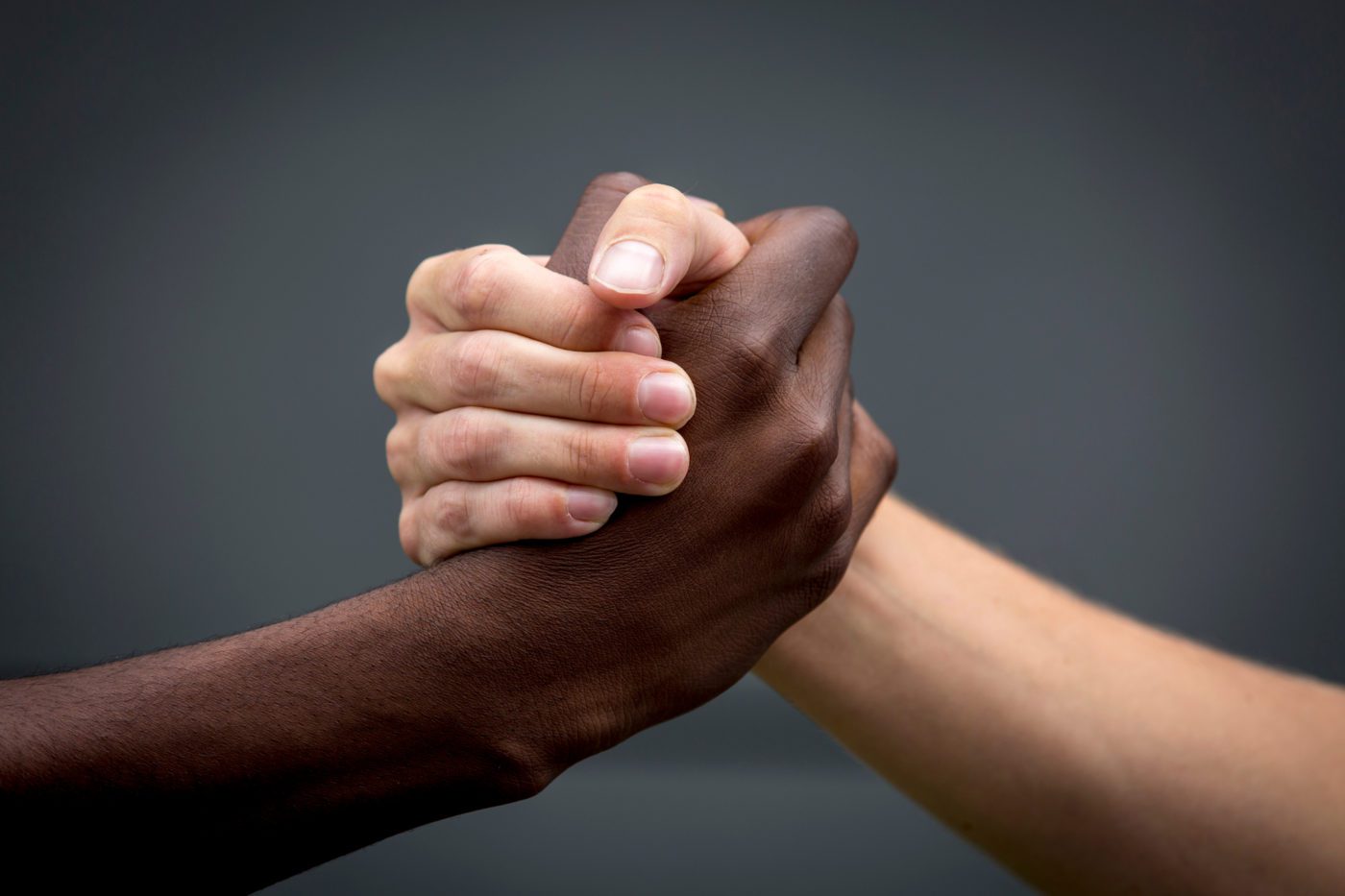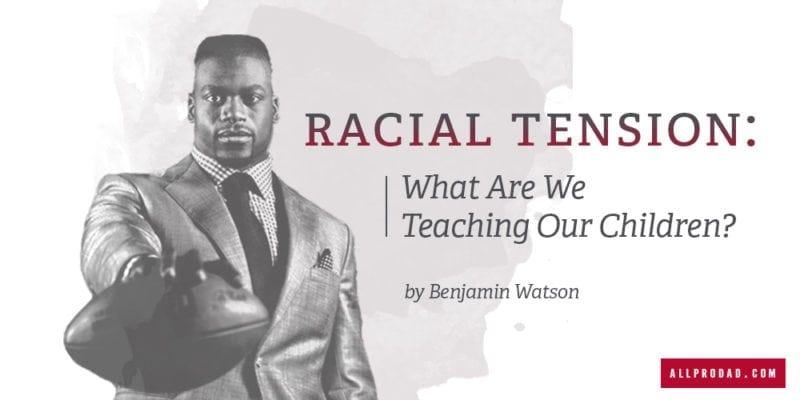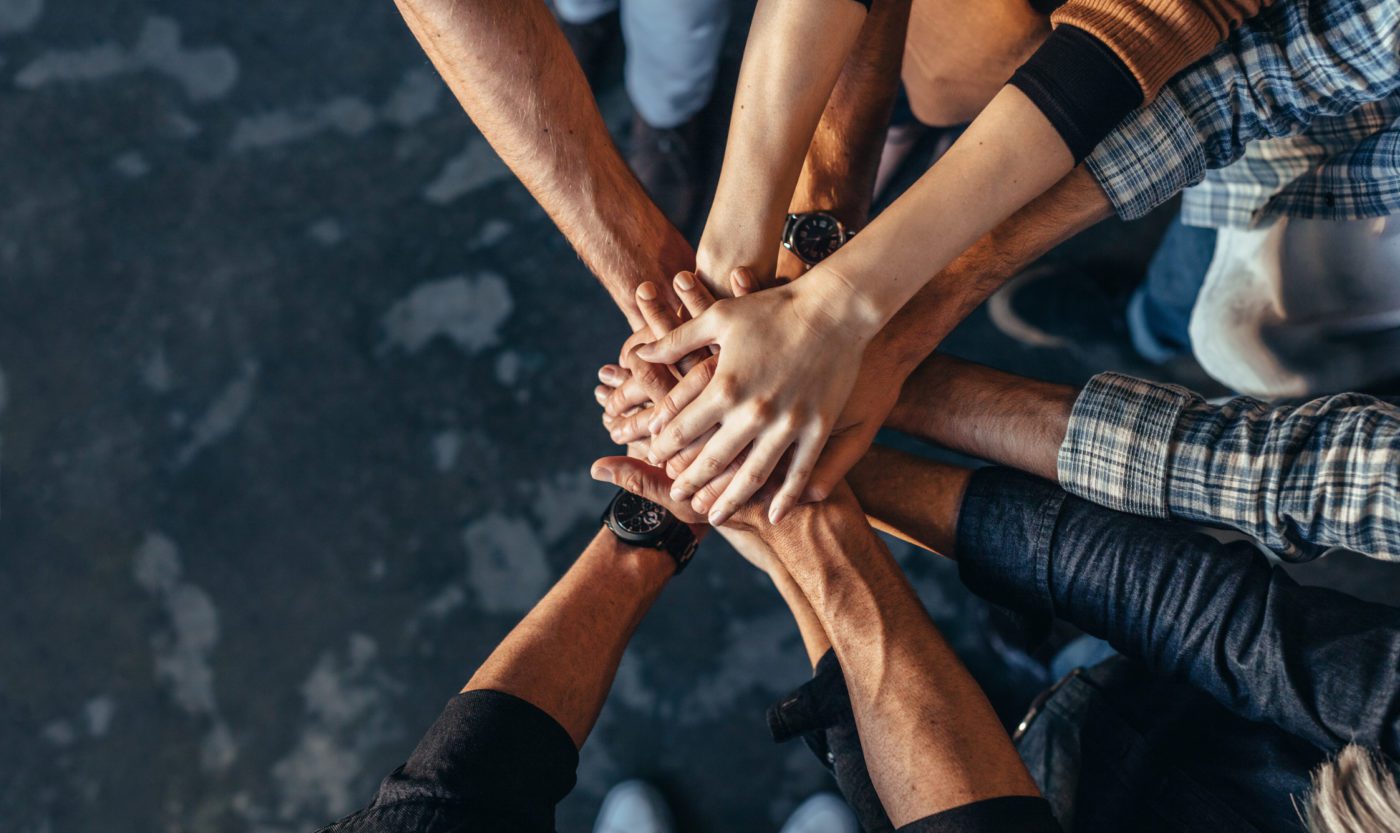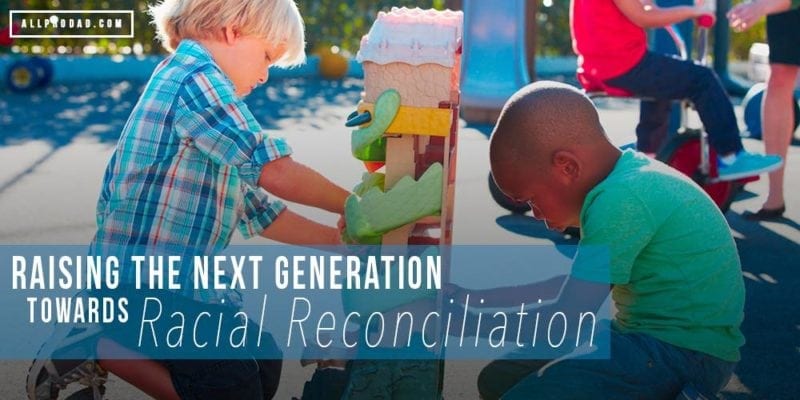Several years ago, I watched a panel discussion on race relations. During one segment, a woman took it upon herself to apologize to people of color on behalf of white people who may have hurt them. I believe her apology came from a sincere and empathetic place, but I was also slightly irritated because it separated her from any culpability. It elevated her to the position of the enlightened person self-righteously apologizing for the sins of others. I thought to myself, “We don’t need people apologizing for the wrongs of others. We need people apologizing for themselves. We need people to account for their own wrongs.”
We all want to believe we are the good guys. No one sees themself as the villain. And if we are the righteous person in the story, then people with opposing views must be the bad guys or at least on the wrong side of truth and justice. That attitude has given me my greatest blinders and more relational issues than anything else. Over the past several years, I’ve attempted to take the blinders off. When there is a recurring issue, like race relations, have you ever stopped to consider: “What if I’m a part of the problem?” That’s the question I have been asking myself. The honest answer I came to: I am. Here are 5 ways I have hurt race relations.
1. When I failed to recognize my own privilege.
I used to think everyone’s daily life in the United States was like mine. The reality is that people of color have a significantly different American experience. If I don’t want to think about race, I can avoid it. They can’t. When I walk out of my house, I am confident I won’t be harassed or prejudged because of my race. That is not the case for people of color. I’ll never forget in middle school visiting a friend who is black at his house. Most if not all the people in his neighborhood were black as well. I’m embarrassed to say it was the only time in my life I have been the minority and I felt uncomfortable. I have the luxury of avoiding that discomfort if I want. People of color don’t have that luxury. Then there are the economic advantages my race has given me. All of this led me to downplay or deny altogether the disadvantages of people of color. For my own denial and staying isolated in my comfort zone, I’m sorry.
2. When I thought I knew more.
Failing to recognize my own privilege caused me to be less understanding of people of color and, if I’m being honest, even gave me a subconscious attitude of superiority. I felt like I had the answers that would make their lives better without considering their experiences or perspective. For my arrogance and ignorance, I’m sorry.
3. When I reacted with defensiveness rather than empathy to people of color.
For all the times I dismissed an expression of hurt or a cry for justice, I’m sorry.When I first saw the campaign Black Lives Matter, my initial response was “all lives matter.” I got angry and spouted it out before even listening to what Black Lives Matter actually meant. I didn’t consider first that there are people who feel like their lives don’t matter. I didn’t consider their pain and why they are hurting. When I started to listen and understand why they feel that way, my thinking changed. Instead of being defensive and angry, my focus has shifted to what can be done to ensure that they feel like their lives not only matter, but are infinitely valuable. For all the times I dismissed an expression of hurt or a cry for justice, I’m sorry.
4. When I assumed the best of the police and people who look like me.
Let me be clear: I have friends and family who are police officers. I have tremendous respect for people who put their lives on the line every day as police officers. Calling it a difficult job is an understatement. However, that doesn’t mean that law enforcement’s power is never abused. Every time there was an issue in the press about police brutality or racial profiling, I instantly gave the police the benefit of the doubt. When they used severe or deadly force, I immediately assumed it must have been necessary. But the deeper problem is that on a subconscious level, I give the benefit of the doubt to people who look like me (in other words, people who have the same skin color). Perhaps it’s because it’s easier to see myself in them than it is to see myself in people who look different. I’m ashamed not only of this attitude but of the fact that I have to be intentional in changing the way I think. For my bias and prejudice, I’m sorry.
5. Every time I listened to someone say something racist and didn’t engage.
A couple of years ago, I moved into a new house. When I met one of my neighbors, he began telling me about our neighborhood. He pointed out a house where a black family lives. As he described the family, he finished by saying, “They’re black, but educated.” I remember being taken aback and feeling frustrated, but I didn’t say anything. I didn’t challenge the statement or the line of thinking that a majority of black people are uneducated. So he probably walked away thinking that what he said was acceptable or believing that I agreed with him. Not challenging that statement was cowardly and will allow toxic racist thinking to continue. Sadly, I didn’t challenge it because I was afraid to have an awkward moment. For this and other moments in which I was passive while people of color were demeaned, mocked, or prejudged, I’m sorry.
Sound off: Are there any ways you have been the problem in race relations?
Have you found yourself wanting to talk to your kids about race relations, but you’re not sure what to say or where to start? It can be a confusing and challenging topic, so we created a resource to help you written by Clyde Christensen and Tony Dungy. Click here to sign up for our Race Conversations For Families resource.












Huddle up with your kids and ask, “When you see people who look different, how do you feel about them? Do you think your feelings would change after getting to know them?”